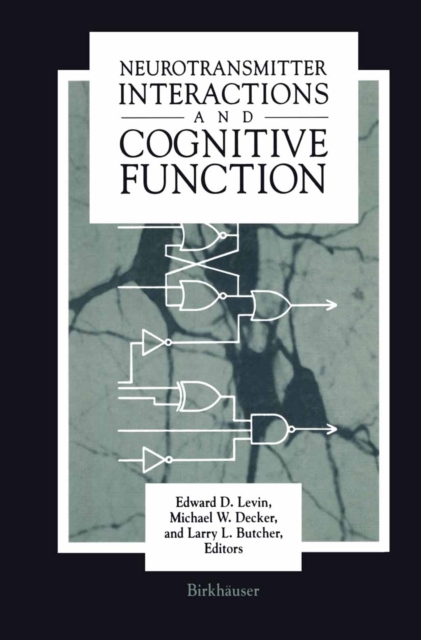
Description
JAMES L. MCGAUGH Understanding of the nature and functions of neurotransmitter systems in the brain has increased enormously in recent decades.
Lack of knowledge required us, not too long ago, to use the adjective "putative" when discussing transmitters.
Such caution is no longer essential (at least for a number of transmitters).
Impressive progress has been achieved in understanding the pharmacology, biochemistry and anatomy of transmitter systems.
There has, however, been relatively less progress in understanding the functioning of brain transmitters in regulating and mediating behavior.
A simple and certainly correct explanation for this is, of course, that understanding of neurotransmitter functions requires prior detailed knowledge of basic pharmacology, biochemistry and anatomy.
Beyond that, it now seems likely that progress in understanding the functions of brain neurotransmitters will proceed only as we examine the interactions of neurotransmitter systems in regulating behavioral functions.
This premise is, of course, suggested by the findings of studies of the chemical neuroanatomy of the brain: Neurotransmitter systems are influenced by other neurotransmitter systems and, in tum, influence the same as well as other systems.
No system works alone. The chapters in this book explicitly examine the interactions of neurotransmitter systems involved in the regulation of cognitive processes.
The facts and interpretations offered provide compelling support for the premise that cognitive processes are orchestrated by interactions among neurotransmitter systems. And, they offer promise that understanding of such interactions will be of critical importance in the develop- ment of treatments for brain diseases affecting cognitive functioning.
Information
-
Download - Immediately Available
- Format:PDF
- Publisher:Birkhauser Boston
- Publication Date:06/12/2012
- Category:
- ISBN:9781461598435
Information
-
Download - Immediately Available
- Format:PDF
- Publisher:Birkhauser Boston
- Publication Date:06/12/2012
- Category:
- ISBN:9781461598435






